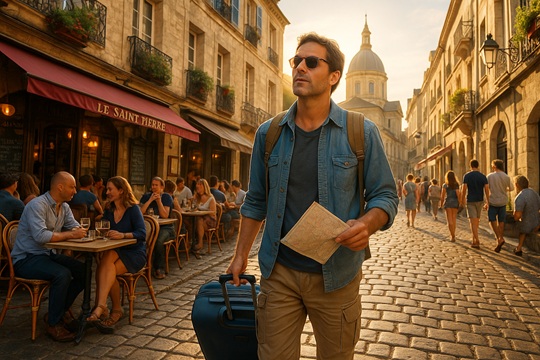
Flags with portraits of martyrs proudly held high in the sky, men and women fearlessly chanting their demands surrounded by clouds of tear gas, and people sharing shields to hide from bullets fired by the military; Sudanese are still fighting for their rights, freedom, and dignity.
By Katarzyna Rybarczyk Special to The Levant News
In April 2019, following months of unrest and mass protests, demonstrators managed to oust long-ruling dictator Omar al-Bashir. After that, a transitional government was formed. It foresaw the military ruling for a while before passing the power over to civilian leadership. But as the bitter events of this past October showed, the army was never committed to following through on these promises.
Instead, one month before the planned completion of the transitionary period, the army led by Abdel Fattah al-Burhan staged a military coup, crashing people’s dreams of a democratic Sudan.
But Sudanese did not remain silent. Yet again, they took to the streets. The country’s capital, Khartoum, has been seeing weekly protests, regularly met with extreme violence perpetrated by security forces for the last eight months.
‘Since the anti-coup protests began, the military killed ninety-nine people,’ said Usman, a twenty-three-year-old activist. ‘Almost everyone who comes to these events has lost someone they loved,’ he added, pointing at someone’s keychain with a face of a young man who got killed during one of the protests.
I met Usman during the June 6 demonstration, where I witnessed the military’s excessive brutality.
Sudanese opposing the coup mobilize on social media; At the same time, there are certain parts of the city where protests usually take place; sometimes, leaders of the resistance announce a new spot shortly before the beginning of the event to mislead the security forces.
I reached the place of the protest around one in the afternoon, and shortly after my arrival, people started to block the streets using bricks and concrete blocks. At first, the demonstration was relatively organized and calm. People were singing political songs, making noise, and stopping cars to draw their attention to what was happening. Suddenly, just as someone said, ‘I do not think we are going to be attacked today,’ people started running,g and I saw what looked like thick fog; the police came and started throwing tear gas canisters at us.

The next thing I knew, I hid behind a shield while protesters were countering police officers with rocks. Several hundred people started marching toward local police, and stat toward the demonstration grew. The clashes intensified with tens of tear gas canisters crossing the sky at any time, security forces dropping sound bombs, and protesters burning tires to disorient their aggressors.
Eventually, police opened fire on the crowd. It seemed as if they were trying to scare us this time rather than actually anyone, but the risk of getting hit accidentally was high. Earlier that day, I met a nursing student who had gotten shot in the leg at a demonstration one week before this one.





